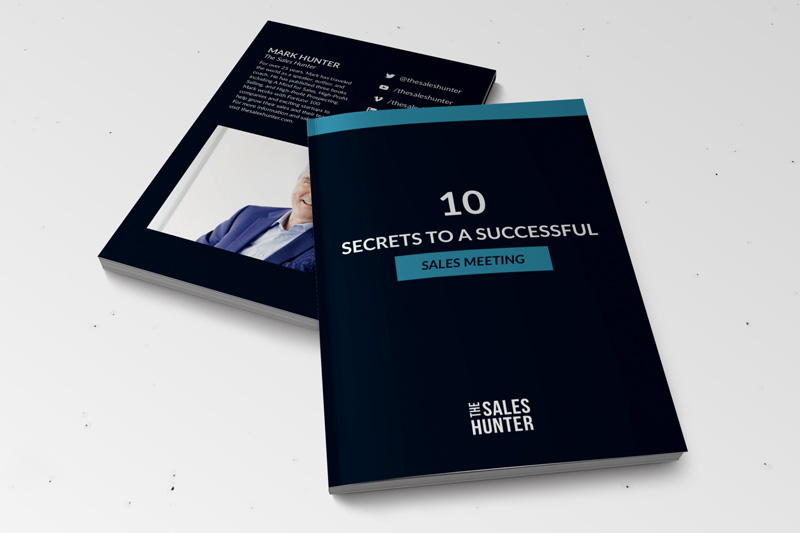We get complacent. We are far too willing to accept what is in front of us. The problem with this is when we accept it as a salesperson, then our customer will accept it as well. I’m a firm believer that a key job we play with our customers is essentially being their research department. It’s our job as a salesperson to educate the customer, yet many times the customer doesn’t feel they need to be educated.
I hate to use the analogy, but a person who has had their home burn down is far more likely to invest in fire prevention equipment and insurance than someone who has not dealt with that situation. This is easy to see because the person who has had their house burn down is fully educated. In sales we have to educate, and this means we have to challenge the way people think. This means we have to many times ask them questions that challenge their assumptions. I refer to this as “disruptive thinking.” It means asking the customer a series of questions, each one progressively stronger in nature that pushes the customer to call into question their assumed beliefs.
You can’t use this line of thinking too early in a sales relationship or the customer will run from you out of fear. Instead, use this approach when the customer has reached the point where they have confidence in you. Once they have confidence in you, then you are in a position to challenge the norm.
Take 15 minutes and begin to develop a list of deep-thinking questions that you can try out on an existing customer that will begin to give you both a sense as to not only how the questions will be received, but also the type of information you hear. The more “disruptive information” you can receive from your customers, the better you will be in being able to serve their real needs.












3 Responses
Mark, I use a similar tactic when networking. I will ask a provocative questions that people are not used to being asked. For example, after some conversation, I will ask people “why would I choose to do business with them as opposed to their competitors at the same networking event.” Usually their answers could be improved and we wind up having a fun conversation. Often, they want to know, as a sales consultant, how can I help them.